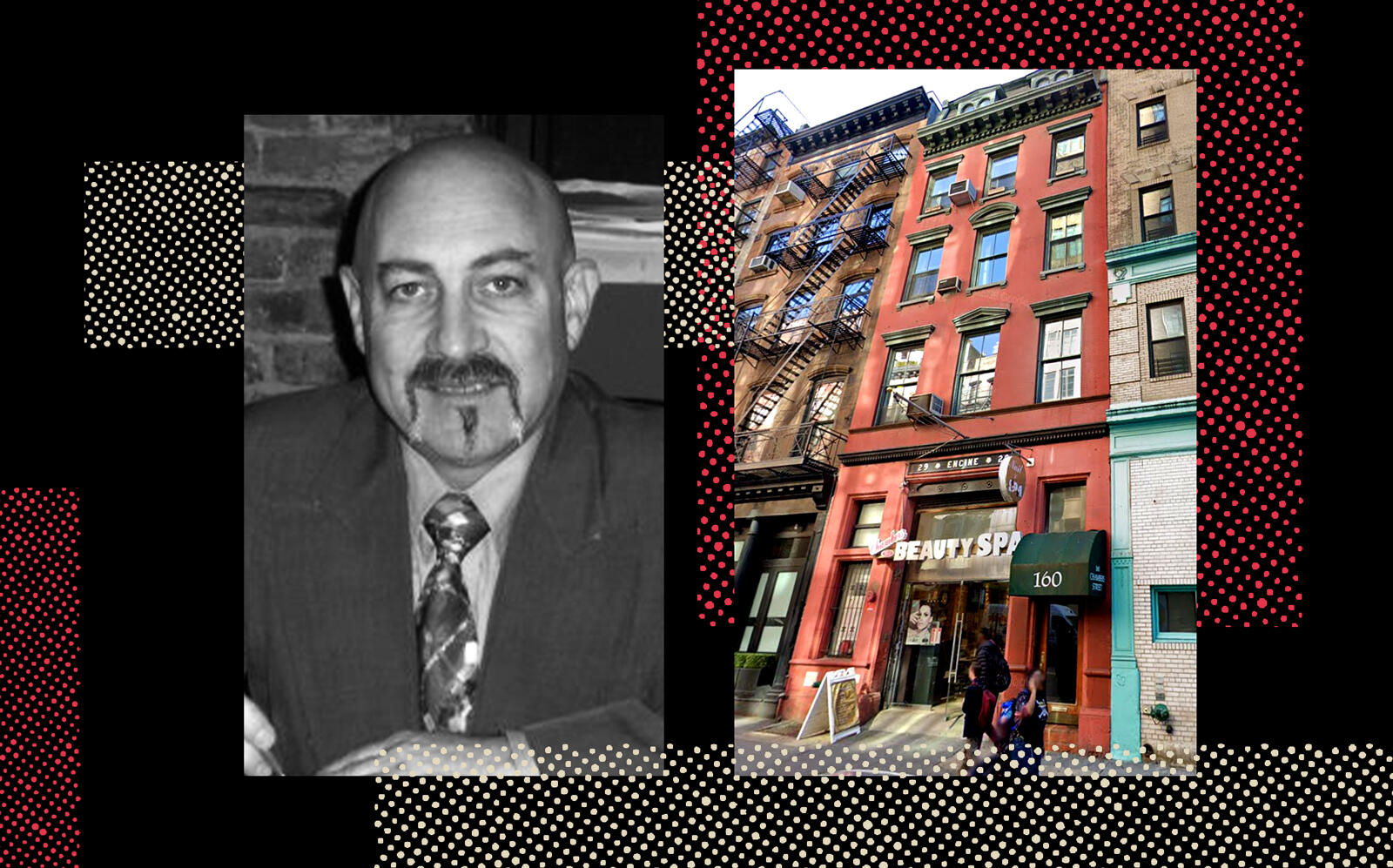 Developer stole my Tribeca apartment: former tenant
Developer stole my Tribeca apartment: former tenant
Trending
A Tribeca co-op’s odd struggle with the man who created it
Strife has marked Lawrence Omansky’s four decades at 160 Chambers Street

Oh man, Omansky.
Shareholders of a landmarked co-op building in Tribeca where controversial attorney Lawrence Omansky resides says he took on millions of dollars in debt using the building’s ground-floor commercial unit as collateral.
Omanksy’s dealings have so tarnished the credit of the building, 160 Chambers Street, that it cannot obtain a loan to repair the roof, which has long leaked into Omanksy’s top-floor apartment, the co-op claims in a lawsuit.
“These mortgages and financing statements currently encumber the building,” the co-op said in its suit filed last week. It asked the court to remove the mortgages from city records “so that it can obtain a commercial loan and mortgage.”
Read more
 Developer stole my Tribeca apartment: former tenant
Developer stole my Tribeca apartment: former tenant
 Tom Brady and Gisele Bündchen sell Tribeca home for $40M
Tom Brady and Gisele Bündchen sell Tribeca home for $40M
Omanksy, 72, and the co-op have been at odds before.
Omanksy sponsored the building’s conversion in 1982, securing for himself the top-floor apartment and a “sweetheart lease” on the ground-floor commercial unit lasting 25 years with rent “substantially below market” value, according to the building’s complaint.
Omansky first brought unwanted attention to 160 Chambers in 2003 when he reportedly bound and gagged his business partner at knifepoint over a real estate dispute, leaving the partner beneath the floorboards of his duplex in the building. Although an investigation supported the claims of Omansky’s partner, who survived, prosecutors ultimately dropped kidnapping charges.
A year after the grisly incident and with a clean record, Omanksy secured a $1 million loan by pledging the building’s commercial space as collateral. Another $4.8 million came his way in 2008 when he used a company bearing his wife’s name to borrow the funds, again backed by the ground-floor unit, according to business and property records.
That same year, Omansky sued the co-op to force it to install an elevator (after 26 years, the hike to the top floor presumably having grown more difficult). He ratcheted up the pressure in 2009 by refusing to pay common charges, a move for which the building tried to evict him. Neither the eviction nor the elevator came to pass.
Omansky, a criminal defense attorney, mainly stayed out of the limelight until 2015, when he surfaced to defend a manager of topless women — known as “painted ladies” — in Times Square.
Meanwhile another dispute brewed between Omanksy and his residence over who actually owned the ground-floor commercial lease once its 25-year term expired in 2008.
Not until 2017 did a court rule that Omansky had acted too slowly to renew the lease, returning ownership of the commercial unit to the building and throwing into question whether the space could still be collateral for the nearly $6 million Omanksy had borrowed against it.
While Omanksy signed both loan documents — one lending him just over $1 million and the other, $4.8 million — the larger loan was borrowed by a bed and breakfast company bearing the name of Omansky’s wife. That loan does not seem to contain a “good guy guarantee” which would have made Omansky personally liable for the loan.
Omanksy’s lenders appear to be an affiliate of the private lending arm of CenterSquare, which declined to comment, and a corporation registered in the Bahamas as Coronation International, which could not be reached. Neither party has sued Omanksy for repayment.
The attorney representing the co-op in its effort to expunge the loans from city records declined to comment on the proceedings. Omansky, who is not named as a party in the lawsuit, did not return a request for comment.
Omanksy’s loan proceeds might have gone toward the purchases of at least two condo units at 49 Warren Street for his wife’s bed and breakfast, according to property records, although at least one of those units appears to have been sold in 2019 for more than $3 million.




